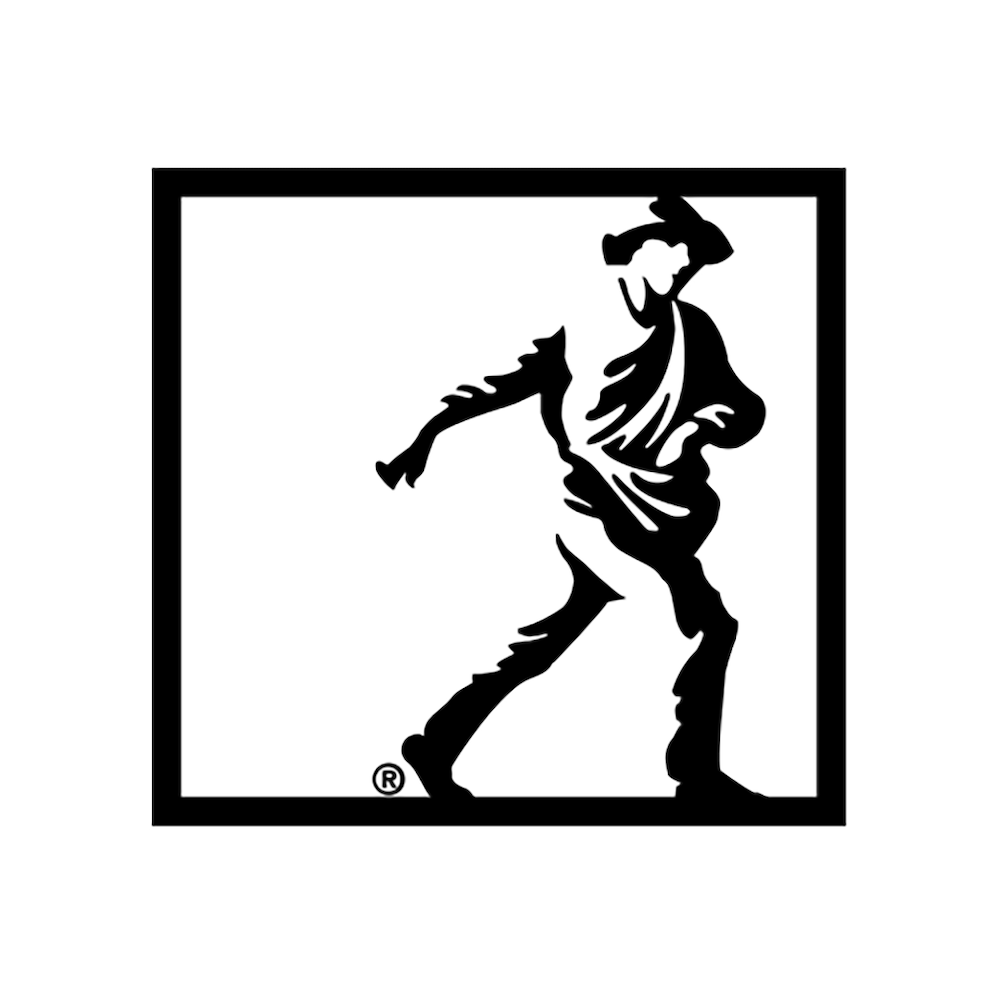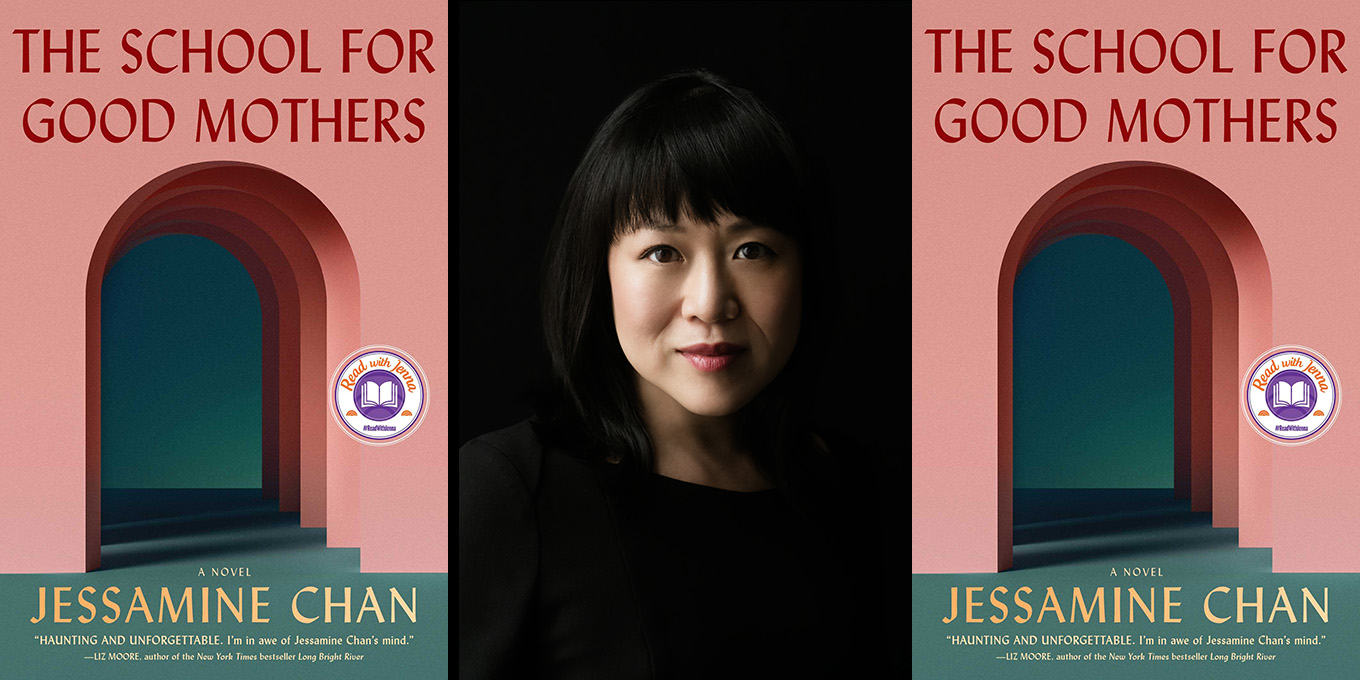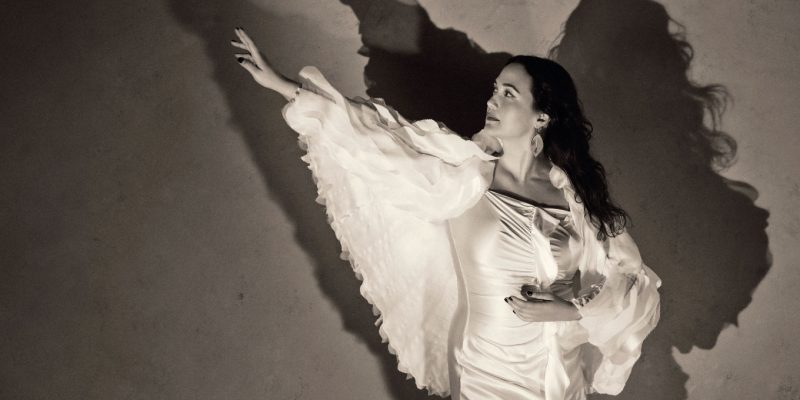Culture
Who Are the Bad Mothers? And Can The School for Good Mothers Fix Them?
Surveillance culture meets mommy culture in this dystopian, instant New York Times Bestseller, from Jessamine Chan.
by : ELLE Canada- Feb 8th, 2022
The School for Good Mothers is a haunting page-turner about a government reform program designed to rehabilitate mothers who have had—as protagonist Frida Liu puts it—“a very bad day.” Frida makes a mistake while her daughter, Harriet, is in her care, and in order to retain custody, she must complete a government-run rehabilitation program to prove that she is capable of being a good mother. But the school’s methods are unrelenting and its expectations unbearably high. As Frida befriends other mothers, wrestles with her conscience and dreams of the day when she can see Harriet again, it seems that day might never come.
Where did you get the idea for this novel?
“I had a very good writing day in early 2014. At the time, I was in my mid-30s and I was really anxious about whether or not my partner and I should have a baby, because it felt like it was time, biological-clock-wise, to choose one path or the other. It felt like the biggest decision of my adult life, and I really ruminated hard on it. So I was already thinking about motherhood when I went to a friend’s house in upstate New York and spent two weeks alone coming up with short-story ideas for a collection I was working on. A few months before that very good writing day, I had read a non-fiction piece in The New Yorker about a mom who lost custody of her son after leaving him home alone and never got him back. It was a nightmarish story about dealing with the family-court system and social workers and parenting classes and being judged as unfit by the state. Something about that article lodged in my brain. I didn’t have it next to me when I had my good writing day—it had just stuck in my subconscious. I think those two elements played into the burst of inspiration that led to this project. I was already thinking so much about motherhood and our very intense American parenting culture, and then I had read this story about a woman dealing with the tragedy of having her child taken away by the government. I wrote for six hours, and what I ended up with was basically the foundation of the book. My very good writing day led to Frida’s very bad day.”
The mothers in the program are all in for a wide range of offences—from seemingly minor ones to clear abuse. They’re all in the same group, but I feel that as readers we draw our own lines when it comes to what is considered bad. Was there a hierarchy in your mind?
“I tried to have empathy for all the mothers in the school because I think one of the greatest tragedies one can imagine is having the state come and take your child away. I think I wanted to question who was drawing the lines and who was making the decisions about where we draw the lines. From my point of view, it’s difficult or impossible to have those decisions be completely divorced from race and class and culture. If there’s a human drawing those lines, it’s going to be a subjective decision. I also created a larger dragnet of parents so that raising your voice or posting annoying things about your child on social media fall into the same umbrella category. I received feedback early on in the writing process that I should make Frida’s offence more sympathetic and make her do something more benign, but to me that’s a different story. If she’d done something more benign, the story about her wrestling with her guilt and trying to survive state oppression would be a different one—she would just immediately be the good guy. I was also interested in writing a really complicated and thorny and flawed Chinese-American heroine who is allowed a full range of behaviour—one who didn’t have to be noble and could be both selfish and desiring and also really loving to her daughter.”
Be sure to pick up The School for Good Mothers, a dystopian page-turner that is guaranteed to become a classic!
Newsletter
Join our mailing list for the latest and biggest in fashion trends, beauty, culture and celebrity.
Read Next

Fashion
Cartier Celebrates 100 Years of the Trinity Ring
What better way to celebrate an anniversary than with a new collection?
by : Allie Turner- Apr 19th, 2024

Culture
How to Spend 48 Hours in Mexico City
Where to discover the hidden gems—markets, mezcal, modern art—of the Central American capital.
by : Jennifer Nguyen- Apr 18th, 2024

Culture
This Maple Whipped Tofu Toast Is Unreal
Light, fluffy with a touch of zest, this maple syrup-infused toast is a slice of heaven.
by : Margaux Verdier- Apr 9th, 2024






